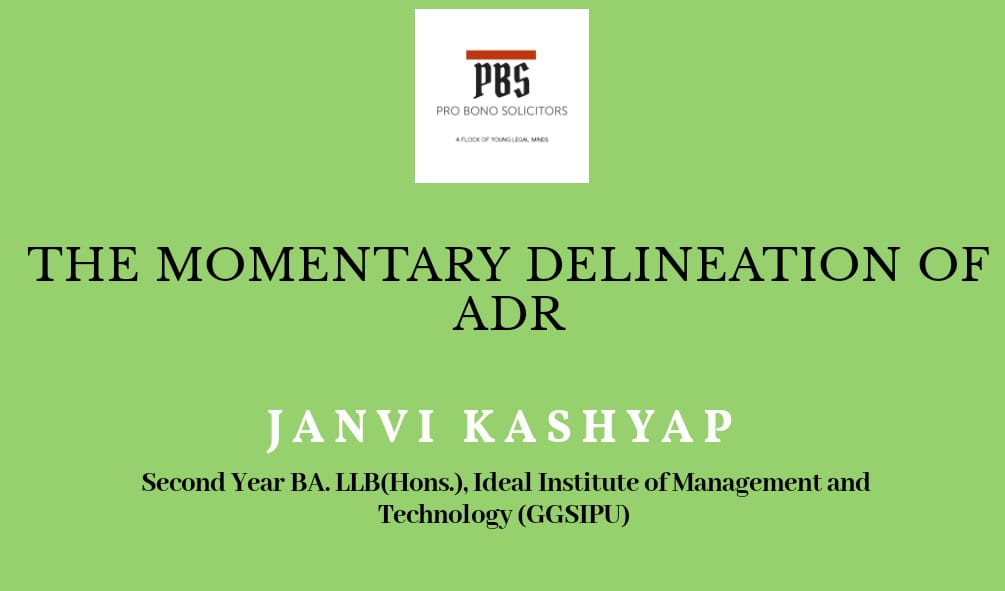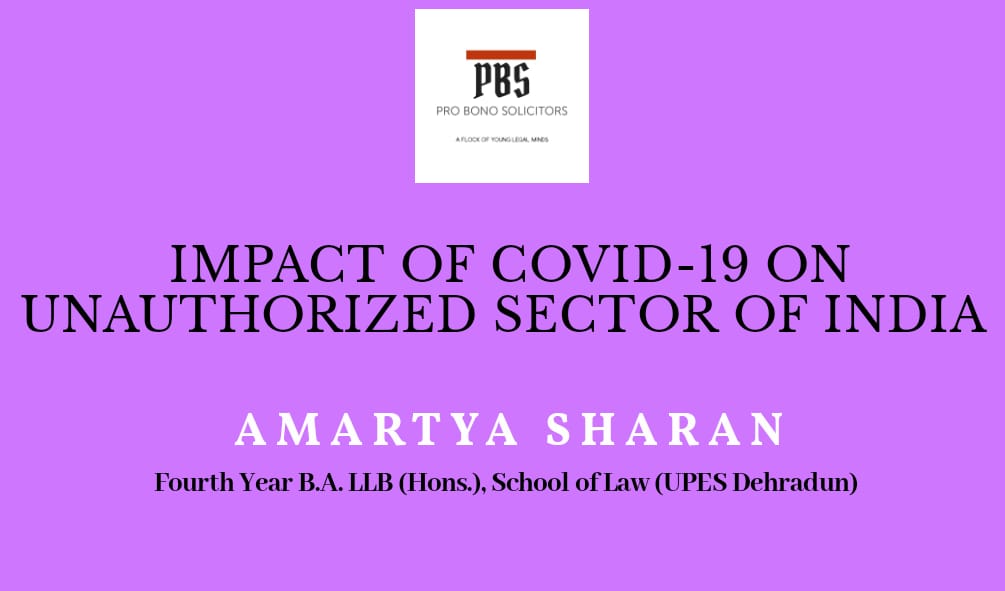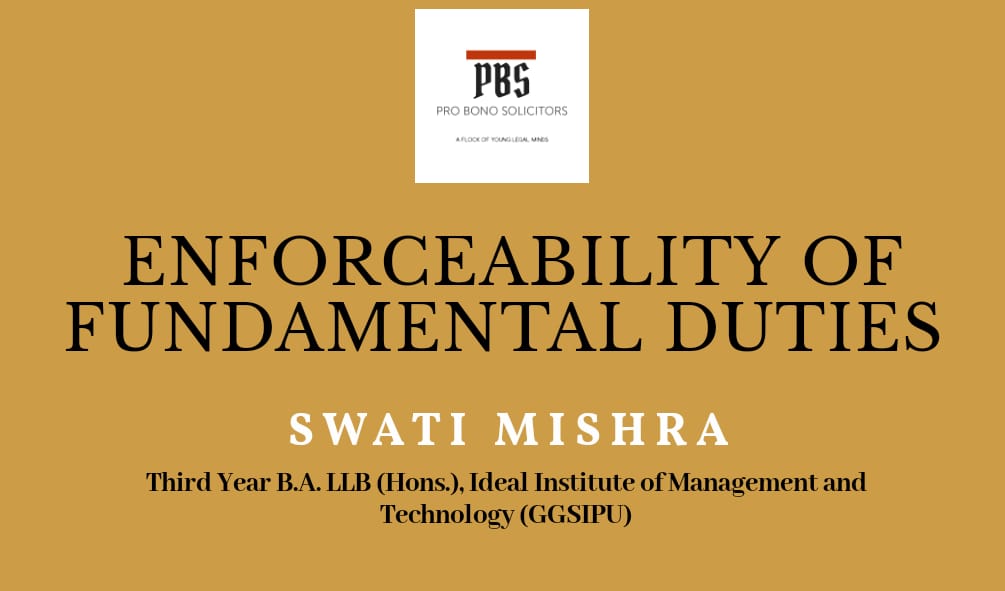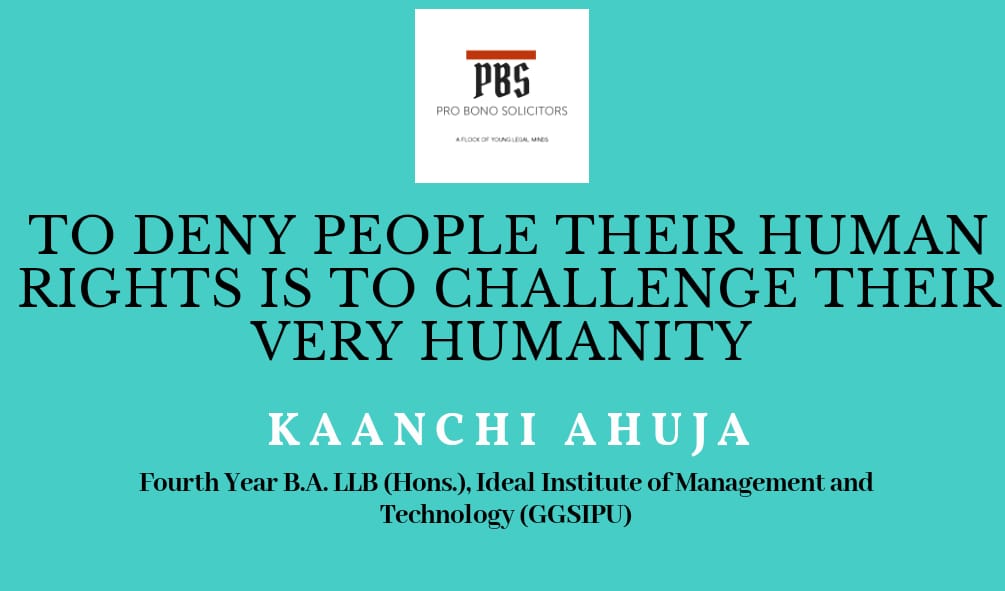WHAT WE DO.
“Nothing great is ever achieved without enthusiasm.”
Pro Bono Solicitors (PBS) is a platform with multifarious services and opportunities, which caters to a plethora of exigencies. Incorporated in the year 2020, such a constructive and invaluable platform was established by Mr. Divanshu Kashyap with the idea of contributing his selfless services for the benefit of everyone. The vast networking and multitude of opportunities are a linchpin of PBS which endeavours to engage the legal fraternity together.
Our platform assures that each and every member at Pro Bono Solicitors is equipped and qualified to deliver adequate assistance & services. We at Pro Bono Solicitors are passionate about the endeavours we promise to uphold and deliver as the members are intrinsically motivated to perform their tasks for the greater good of society. The platform pledges to provide its participants with a large expanse of free legal information, pro bono legal services, and profuse opportunities to gain and inculcate legal knowledge.
Standing true to our name, Pro Bono Solicitors strives to administer itself in a not-profitable manner because we understand that greatness is seen by not what you have, but by what you give. Therefore this team believes that we all together can and shall make a difference.
Disclaimer
The information contained in this website (www.probonosolicitors.in) is provided for informational purposes only, and should not be construed as legal advice on any matter. The Bar Council of India does not permit advertisement or solicitation by advocates in any form or manner. By accessing this website (www.probonosolicitors.in), you acknowledge and confirm that you are seeking information relating to Pro Bono Solicitors for your own accord and that there has been no form of solicitation, advertisement, or inducement by Pro Bono Solicitors or its members. I acknowledge the following:
- There has been no advertisement, personal communication, solicitation, an invitation, or inducement of any sort whatsoever from us or any of our members to solicit any work through this website;
- The user wishes to gain more information about us for his/her own information and use;
- The information about us is provided to the user only on his/her specific request and any information obtained or materials downloaded from this website is completely at the user’s volition and any transmission, receipt, or use of this site would not create any lawyer-client relationship.
- The Internship opportunity or certificate provided to any student by Pro Bono Solicitors or its members will not fulfill the criteria of their academic qualifications and norms set by any University, Bar Council of India, and Rules of Legal Education-2008.
The information provided under this website is solely available at your request for informational purposes only, should not be interpreted as soliciting or advertisement. We are not liable for any consequence of any action taken by the user relying on material/information provided under this website. In cases where the user has any legal issues, he/she in all cases must seek independent legal advice.
The contents of this website are the intellectual property of Pro Bono Solicitors.
Our Latest Articles

Introduction
The term ADR stands for “Alternative Dispute Resolutions”. ADR is a contrivance of dispute resolution that is non adversarial, that is working together co-operatively to reach the best possible resolution for everyone. ADR is severely helpful in reducing the burden of litigation on courts, while delivering a versatile and satisfying experience for the parties involved. Moreover, whether it’s the case of fulfilling the interest of the parties, or its collaborative bargaining, it provides the opportunity to “expand the pie”. ADR is generally classified into the following types: Arbitration, Conciliation, Mediation, and Negotiation.
In Arbitration, the disputes are submitted to an arbitral tribunal which makes a decision (an “award”) on the dispute that is mostly binding on the parties. It is less formal as a compared to a trial, and the rules are often relaxed in case of evidence. It’s a non-binding procedure in which an impartial third party known as the conciliator. The conciliator serves the recommendations regarding the settlement dispute; it is totally up to the parties in reaching a mutually satisfactory conclusion to the dispute. Conciliation is less formal than that of
Support is what drives us to achieve more.
Your Wishes, Our Success.








